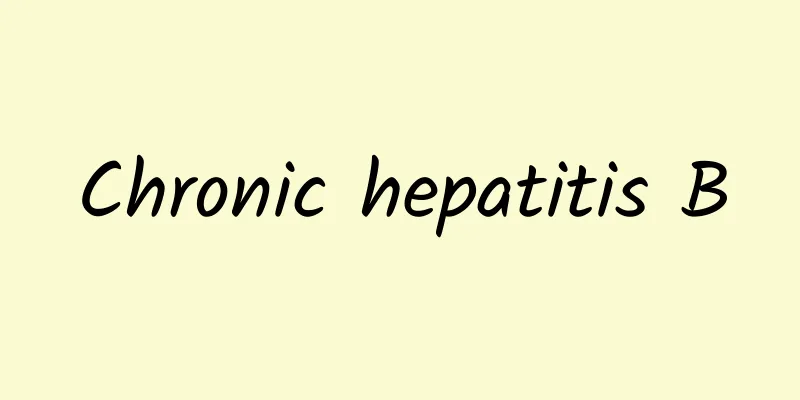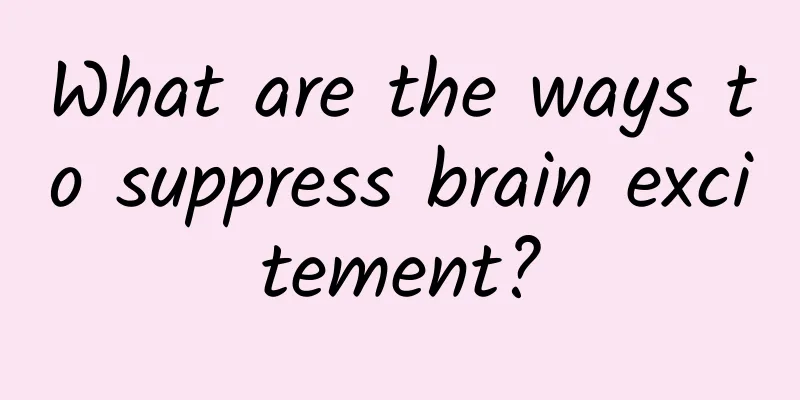Treatment of pituitary tumors

|
Some tumors are already very common in our current lives. Tumors can have many impacts on our lives. Many people with tumors don’t know what to do or how to treat them. Sometimes blind treatment does not produce very good results, especially for common pituitary tumors, which are already common benign tumors. Today we will look at the treatment of pituitary tumors. Pituitary tumor is a common benign tumor. People with this disease do not need to worry too much. If they can receive treatment as early as possible, there is still a great hope of cure. The most important thing is to see what method to choose. Today we introduce the treatment method of pituitary tumor. Clinical manifestations It is related to the patient's gender, age, tumor size and extension direction, and the type of hormone secretion, and includes the following 4 groups of symptoms: 1. Symptoms and signs caused by excessive hormone secretion from pituitary tumors, the most common of which are acromegaly, Cushing's disease and prolactinoma. 2. The pituitary gland itself is under pressure, mainly due to the decrease in the secretion of pituitary trophic hormones. Generally, growth hormone GH is affected first, followed by luteinizing hormone, follicle-stimulating hormone, and finally adrenocorticotropic hormone and thyrotropin. A few may be accompanied by diabetes insipidus. 3. Compression syndrome of peri-pituitary tissues, including headache, decreased vision, visual field loss, hypothalamic syndrome, cavernous sinus syndrome and cerebrospinal fluid rhinorrhea. 4. Pituitary stroke refers to infarction, necrosis or hemorrhage of pituitary adenoma and/or pituitary gland itself. Clinically, compression symptoms and meningeal irritation symptoms may appear rapidly, the clinical manifestations of hyperpituitarism may disappear or be alleviated, and even anterior pituitary function may be reduced. The specific methods of pituitary tumor surgery are generally divided into two categories: craniotomy and transsphenoidal approach. Transsphenoidal surgery is a surgery that does not involve opening the skull. The surgery directly reaches the pituitary tumor from the nasal cavity or under the lips through an anatomical structure called the "sphenoid sinus" below the pituitary gland. Compared with craniotomy, it has the advantages of direct tumor exposure, no need to shave the hair or open the skull (cover), no change in the craniofacial appearance, less trauma and risk, good efficacy and high cure rate. It is currently the preferred procedure used by most experts. For the treatment of pituitary tumors, simply being able to perform transsphenoidal surgery is only the first step. Due to the particularity and complexity of pituitary tumors, there are many related professional issues involved. Therefore, choosing a large medical institution with a good reputation and a doctor who has specialized in pituitary tumors for treatment can ensure the best possible treatment effect. Drug treatment is a rapidly developing field in recent years, especially for hormone-secreting tumors, especially prolactinomas. Now with the popularization of bromocriptine, the price of the drug has dropped, and the side effects are getting fewer and fewer, 70 to 80% of our prolactinomas can now be treated with drugs, and even with lifelong drug treatment. For many large prolactinomas and giant prolactinomas, patients who are not suitable for surgery can also receive drug treatment first. Most non-functioning pituitary microadenomas are not treated, even if there is a tumor. However, for non-functioning macroadenomas, surgical treatment is the first choice. There are also some drug treatments. Pituitary adenomas may also be accompanied by some complications. The patients with acromegaly mentioned earlier may also have heart disease or even heart failure. For patients with pituitary tumors, they must have a positive attitude in normal times, not have too much mental pressure, let go of the burden, follow the doctor's advice, do not blindly choose a treatment method, choose a method that suits them, and pay more attention to patient care in daily life, eat scientifically, and increase nutrition appropriately. |
<<: What does HIV negative mean?
>>: Cerebral hemorrhage treatment
Recommend
Eating pig stomach with ginger can cure gastric ulcers. Diet therapy for gastric ulcers
People with gastric ulcers should avoid fried, gr...
To prevent serious illness, you must first eliminate dampness, heat and toxins. This way, minor illnesses will not recur and serious illnesses will not occur to you!
Modern people live in an environment with heating...
How to treat ameloblastoma
In real life, whenever we talk about tumors, ever...
Medicinal value of Bone Tree
Most of the medicinal value of holly tree can hel...
What are the causes of autism in children?
Nowadays, many parents are worried about their ba...
Symptoms of Myelodysplastic Syndrome
When it comes to myelodysplastic syndrome, many p...
How to treat ichthyosis? Chinese medicine has good effect
The skin of people with ichthyosis will be very d...
What does a mole on the middle finger mean? What does a mole on the middle finger mean?
Fingers are a part of our body that we use freque...
What causes swollen leg joints in the elderly?
When the joints of the elderly are swollen, it is...
Symptoms of gout in the feet, two commonly used prescriptions in traditional Chinese medicine
Gout in the feet is very common in our lives. Gen...
Moderate cardiovascular stenosis
With the improvement of the quality of life, more...
What are the effects and functions of wood fragrance?
Do you know the effects and functions of costus r...
Dietary taboos for myasthenia gravis: Don’t touch this!
After suffering from myasthenia gravis, treatment...
Eye pain from wearing contact lenses
Myopia is a headache. Some people don't like ...
Is there a massage pillow for insomnia? Massage acupoints to cure insomnia
In today's society, life is very stressful. L...









